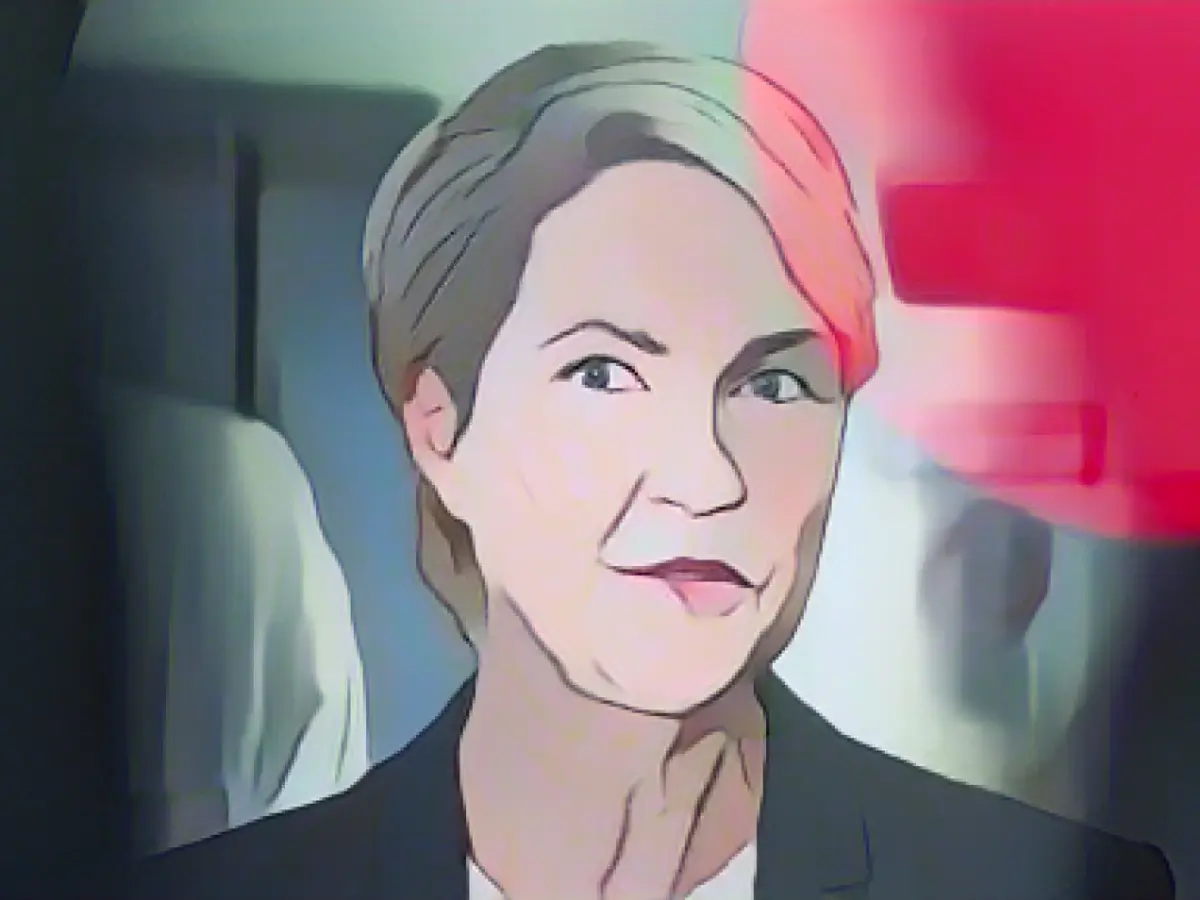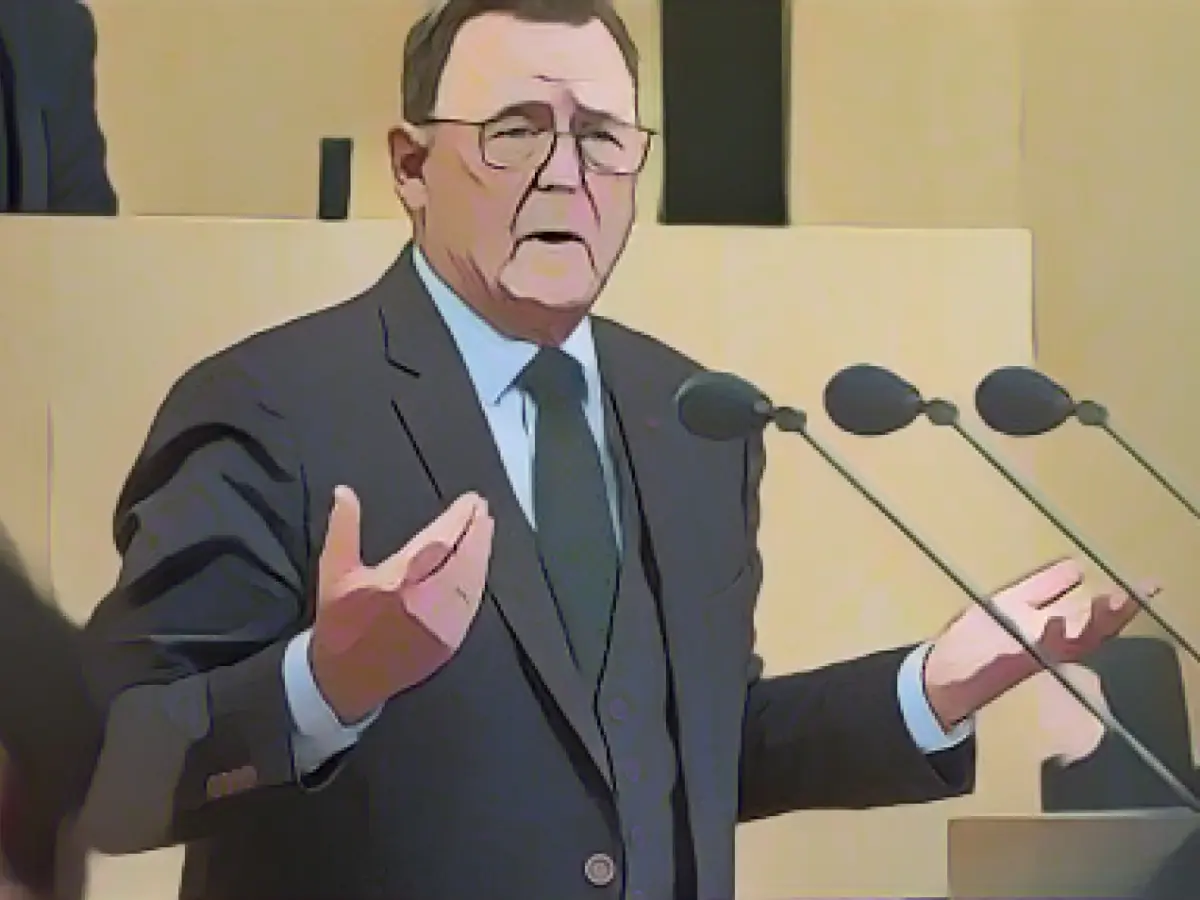Farmers' Unhappiness Over German Budget Cuts and Alternative Solutions
Mecklenburg-Western Pomerania's Minister President, Manuela Schwesig, expressed disapproval towards the German government's decision to eliminate tax breaks for farmers. She criticized the excessive and sudden cuts, which could lead to unstable food prices and undermine the agricultural sector.
Her concerns echoed the farmers' misgivings, which led to a vocal protest in Berlin against the plans of the "traffic light" coalition government. The rapid reduction of agricultural income by 1 billion euros caused frustration, exacerbated by increased expenses in energy, fertilizer, and fuel.
Mecklenburg-Western Pomerania's Agriculture Minister, Till Backhaus (SPD), put forth an alternative savings proposal – abolishing the company car privilege for hybrid vehicles. Backhaus estimated that this measure could save 1.2 billion euros and maintain the benefits for farmers.
The federal government's austerity program, agreed upon with the traffic light coalition, will necessitate a 17 billion euro savings target. Backhaus believes that imposing such a disproportionate burden on agriculture is unfair and will inevitably trigger unrest.
Addressing climate protection, Backhaus advocated for the conversion of agriculture to biofuels, calling for the complete replacement of conventional diesel with biodiesel and the increased utilization of biogas. He emphasized the need for acceptance instead of disparity in these matters, urging a quick summit of federal and state agriculture ministers.
Thousands of farmers in Berlin showed their disapproval of the proposed cuts through protests and a long line of tractors. Joachim Rukwied, the president of farmers, urged the coalition government to withdraw the plans to diminish agricultural diesel and vehicle tax. Federal Agriculture Minister Cem Özdemir (Greens) expressed understanding and announced further discussions on the matter.
Biopark e.V., an agricultural association in Güstrow, endorsed Backhaus' proposals. They voiced concern about the excessive budget cuts, which might jeopardize farmers' livelihoods and hasten the decline of farms.
Germany has indeed made several alternative savings proposals and government support measures in response to farmers' protests and the EU's directives on renewable energy. These include gradual phasing out of tax breaks on diesel, maintaining vehicle tax exemption for agricultural and forestry vehicles, expanding eligible biofuels feedstocks, promoting biodiesel production, and reducing bureaucracy for farmers while improving their productivity.
Sources: Stern Magazine / Agriculture, Energy, and Environmental Policies
Enrichment Data: Phased reduction of diesel tax breaks / Maintenance of vehicle tax exemption / Support for biofuels / Reducing bureaucracy and improving productivity.








